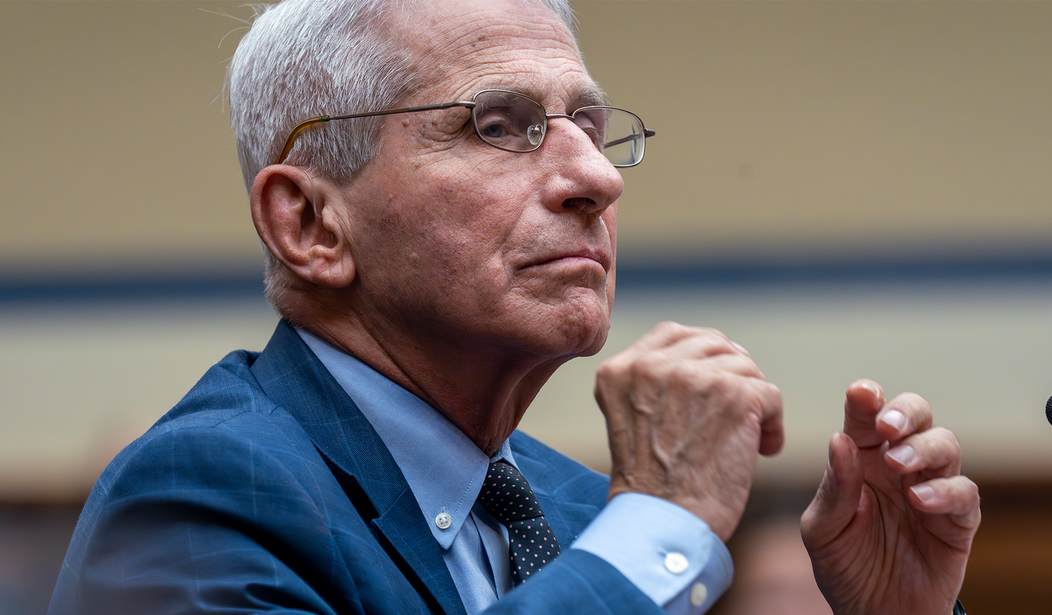On Monday, his final day in office, Joe Biden issued preemptive pardons to allies he insists committed no crimes, Gen. Mark A. Milley, Dr. Anthony S. Fauci, and the members and staff of the J6 Committee.
“I believe in the rule of law, and I am optimistic that the strength of our legal institutions will ultimately prevail over politics,” Biden said in a statement. “But these are exceptional circumstances, and I cannot in good conscience do nothing.”
Biden, who weaponized his own Department of Justice against Trump and Trump’s allies, continued, “Baseless and politically motivated investigations wreak havoc on the lives, safety, and financial security of targeted individuals and their families. Even when individuals have done nothing wrong — and in fact have done the right thing — and will ultimately be exonerated, the mere fact of being investigated or prosecuted can irreparably damage reputations and finances.”
“The issuance of these pardons should not be mistaken as an acknowledgment that any individual engaged in any wrongdoing, nor should acceptance be misconstrued as an admission of guilt for any offense,” Biden continued. “Our nation owes these public servants a debt of gratitude for their tireless commitment to our country.”
Now, Fauci, the former director of the National Institute of Allergy and Infectious Diseases has responded to the pardon.
"I really, truly appreciate the action President Biden has taken today on my behalf. Let me be perfectly clear, Jon, I have committed no crime, you know that, and there are no possible grounds for any allegation or threat of criminal investigation or prosecution of me,” he told ABC’s Jonathan Karl.
Dr. Fauci said he is grateful because the threats and possibility of a politically motivated prosecution "creates immeasurable and intolerable distress on me and my family."
— Jonathan Karl (@jonkarl) January 20, 2025
Naturally, conservatives are up in arms about the pardons and Fauci's reaction and are calling on him to refuse the pardon if he really feels he committed no crime.
Related: Biden Just Set Another Dangerous Precedent With Preemptive Pardons
"He doesn’t have to accept the pardon. If he did nothing wrong be a man and turn it down," Donald Trump Jr. said in a post on X. "But you know he won’t because everyone knows he’s guilty of so much."
Indeed, the Supreme Court has said that the accepting of a pardon is an admission of guilt.
The Supreme Court has several times upheld defendants’ decisions to refuse pardons. When bank robber George Wilson declined to plead a pardon from President Andrew Jackson, the Supreme Court held in 1833 that the pardon was not effective (United States v. Wilson). When New York Tribune editor George Burdick refused to accept a pardon from President Woodrow Wilson and instead insisted upon his Fifth Amendment right to remain silent in an investigation into leaks to the press from the Treasury Department, the Supreme Court likewise affirmed his ability to do so (Burdick v. United States).
Acceptance of a pardon has often been seen as an admission of guilt. The Court in Burdick acknowledged as much, noting the “confession of guilt implied in the acceptance of a pardon.” This admission of guilt may have several dimensions. The most straightforward imputes responsibility for the underlying crime to the person pardoned.
So not only should Fauci refuse the pardon, but all of them should.










Join the conversation as a VIP Member